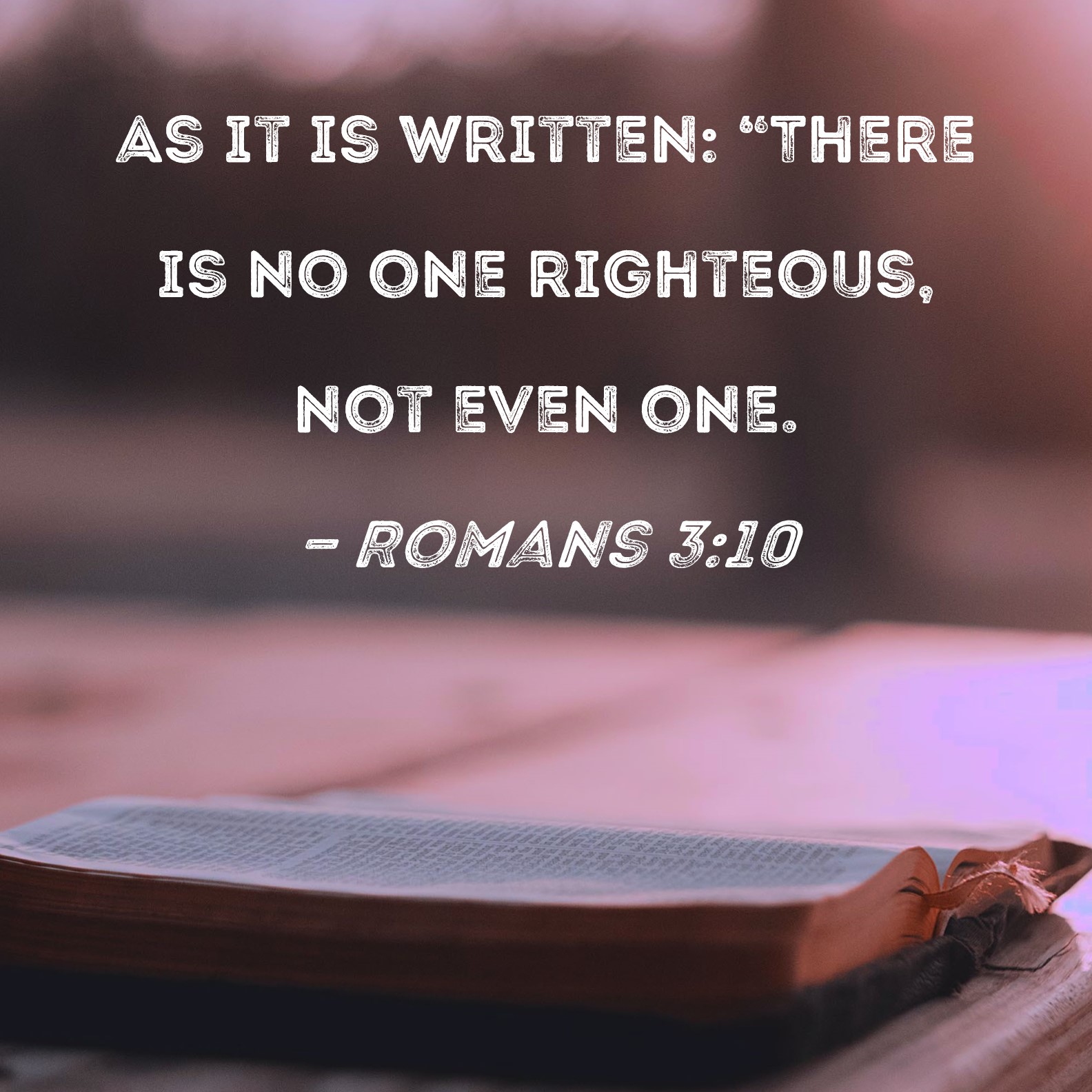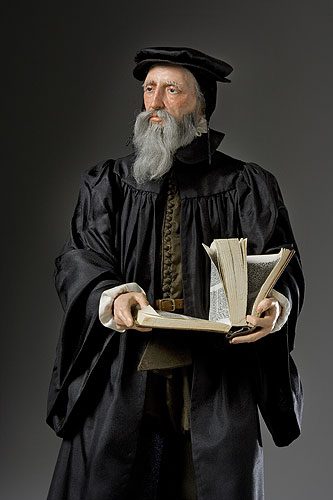That's a very interesting view.
Can you think of an example of a scripture that should be rejected on that basis? (apostolic tradition)
There was no complete Bible as we know it for the first 300 years of Christianity. There were plenty of fake scriptures going around that the early Christians thought were inspired. The Church slowly developed strict criteria for proving inspiration, with centuries of prayer, discernment and debate. The Didache was 100% apostolic, but it didn't make it into the Bible because it it could not be proven to be written by an Apostle. Without looking anything up, there were some 15 books of Acts and several false gospels, like the Gospel of Thomas or the Gospel of Mary or the Epistle of Barnabus because there were some heresies in them mixed with truth that had not yet been discerned by the Church, and some people thought they were inspired, because "some people" didn't have the authority to make determinations. Remember, this process took 3 centuries, the Bible did not fall from the sky bound in black leather in King James English. In fact, English wasn't even a language at this time.
wikidpedia
Even most Catholics don't know The
Gospel of James, although reliable history, was never official Church teaching.
Although indeed there was, roughly speaking, a broad consensus in the early Church as to what books were scriptural, there still existed enough divergence of opinion to reasonably cast doubt on the Protestant concepts of the Bible’s
self-authenticating nature, and the
self-interpreting maxim of
perspicuity.
Allow me to explain how the bible was proven to be inspired in the 3rd century, not the 15TH OR THE 21st., using the facts of history. There is a summary below.
The Bible is initially approached as any other ancient work.
It is not, at first, presumed to be inspired. From textual criticism we are able to conclude that we have a text the accuracy of which is more certain than the accuracy of any other ancient work.
Next we take a look at what the Bible,
considered merely as a history, tells us, focusing particularly on the New Testament, and more specifically the Gospels.
We examine the account contained therein of Jesus’ life, death, and resurrection. Using what is in the Gospels themselves
and what we find in extra-biblical writings from the early centuries,
We then take that and together with what we know of human nature (and what we can otherwise, from natural reason alone, know of divine nature), we conclude that either Jesus was just what he claimed to be—God—or he was crazy.
Further, Christ said he would found a Church. Both the Bible
(still taken as merely a historical book, not yet as an inspired one) and other ancient works attest to the fact that Christ established a Church with the rudiments of what we see in the Catholic Church today—papacy, hierarchy, priesthood, sacraments, teaching authority, and, as a consequence of the last, infallibility.
Christ’s Church, to do what he said it would do, had to have the character of doctrinal infallibility.
We have thus taken
purely historical material and concluded that a Church exists, namely, the Catholic Church, which is divinely protected against teaching doctrinal error. Now we are at the last premise of the argument.
This Catholic Church tells us the
(2)Bible is inspired, and we can take the Church’s word for it precisely because the
(1)Church is infallible.
Only after having been told by a properly constituted authority—
(1)that is, one established by God to assure us of the truth concerning matters of faith—
(2)that the Bible is inspired can we reasonably begin to use it as an inspired book.
I took most of the information from
http://www.catholic.com/library/Proving_Inspiration.asp , and reformatted for the sake of simplicity.
Dizzy?
This SUMMARY of a summary of a summary should clarify:
1) On the first level we argue to the reliability of the Bible insofar as it is history.
2) From that we conclude that an infallible Church was founded.
3) And then we take the word of that infallible Church that the Bible is inspired.
4)
This is not a circular argument because the final conclusion (the Bible is inspired) is not simply a restatement of its initial finding (the Bible is historically reliable),
5) and its initial finding (the Bible is historically reliable) is in no way based on the final conclusion (the Bible is inspired).
What I have demonstrated is that without the existence of the Church, we could never know with 100% certainty which books were inspired and which were not. Without the Apostolic Tradition of the episcopate, we wouldn't have a Bible at all.




